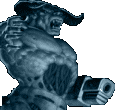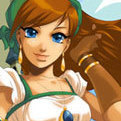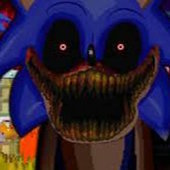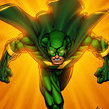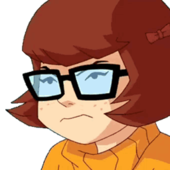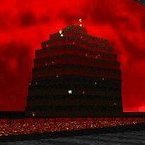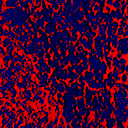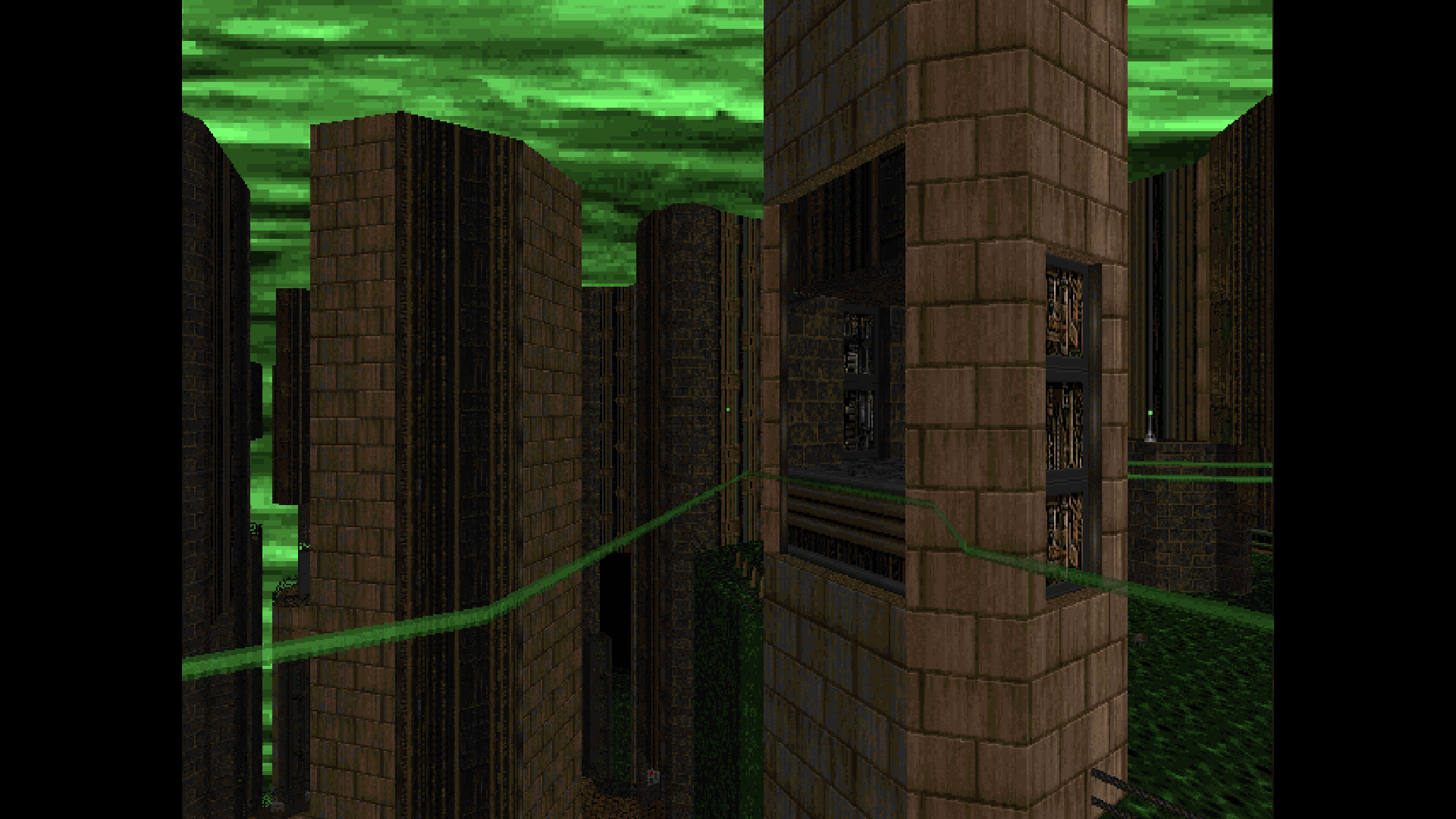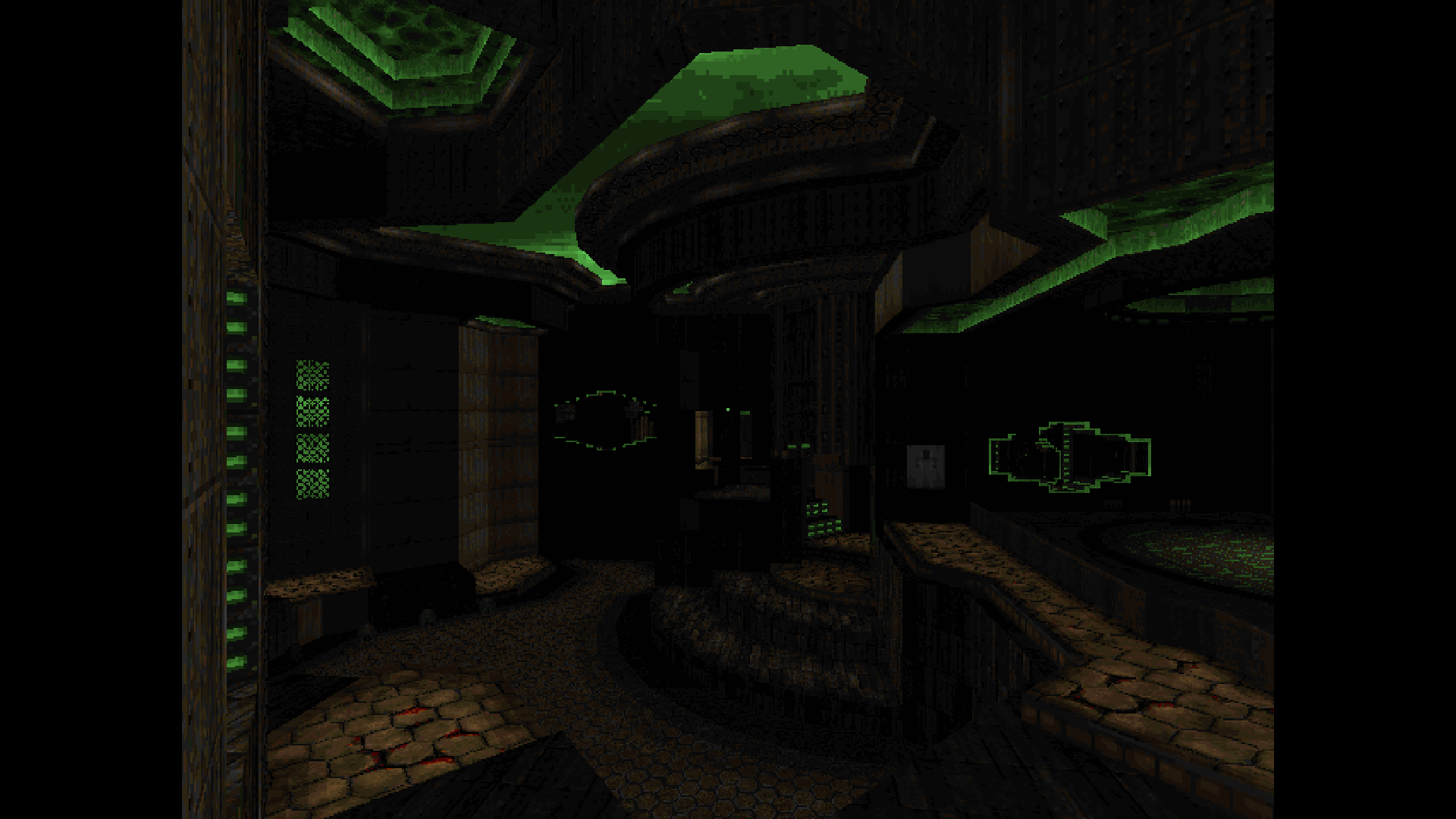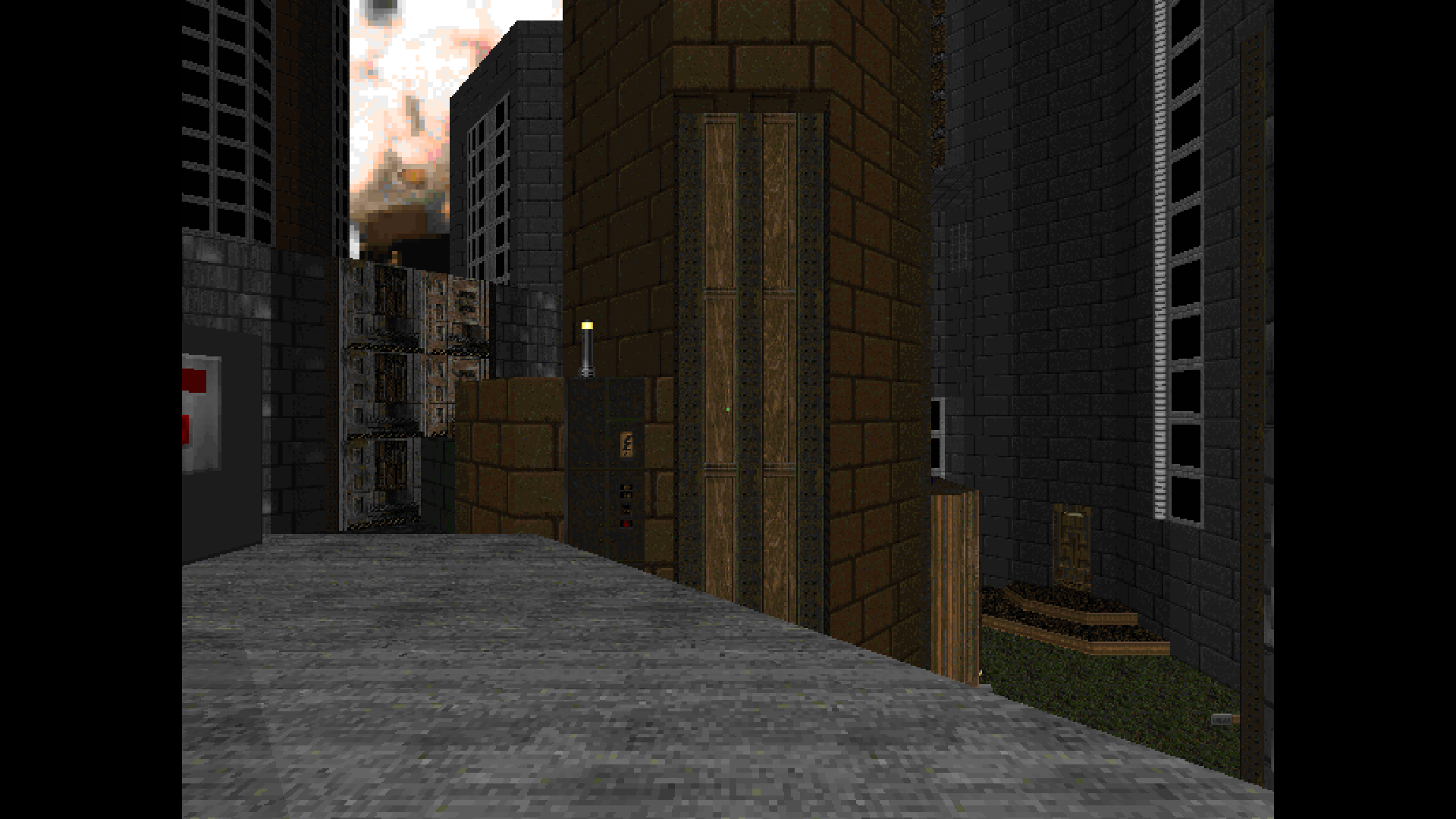-
Posts
757 -
Joined
-
Last visited
About Omniarch
-
Rank
Malign Master of All Creation. That or just another random D∞mer

Recent Profile Visitors
3984 profile views
-
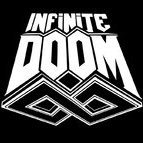
(The Ultimate) Return to Hadron (IDgames)
Omniarch replied to cannonball's topic in WAD Releases & Development
I discovered a HoM in E4M7 (line 2074), the result of a missing lower texture. Other than that, this was an absolute blast to play! I had no idea more RtH was in the works, so this came as a welcome surprise. I really appreciate the encounter design in particular: despite the shift away from the free-form action of prior episodes -- which leverages D1's bestiary better than any other wad I've played -- to a more set-piece approach, I didn't find myself noticing the absence of D2's roster at all. The mini-mastermind and plasma zombie help with this, of course, since both fill some of the gaps in the base game's bestiary, but it is a hella impressive feat nevertheless. The increased aesthetic, tonal and thematic range is also appreciated - I love the industrial elegance of RtH E1 / E2, for sure, but I'm glad that E4 is such a bold departure from the norm vis-a-vis UD wads in general, especially since the whole 'Thy Flesh Consumed' aesthetic has been extensively explored in Draft Excluder already. -
Final Doomer is a natural recommendation in your case, since each of its various loadouts are designed around a classic megawad, mechanically and stylistically. Now I know how I'm going to justify enhance my [error: integer overflow]-th playthrough...
-

TNT 2: Devilution (Final beta released)
Omniarch replied to Marcaek's topic in WAD Releases & Development
I found a bleeding texture in MAP10, line 116: Screen taken using DSDA-Doom, but I can confirm that the effect is present when using Chocolate Doom as well. -

Your favorite doom airplanes and flying craft (not spam)
Omniarch replied to baja blast rd.'s topic in Doom General
Amazing thread. Looking at all these space/aircraft pleases me beyond words, heh. Tax: I'd be remiss if I failed to show off SiD's iconic spaceplane: I love the attention to detail in the hangar - like a lot of places in the set, it feels uncannily concrete in a game of abstractions. Thomas van der Velden's Cosmodrome is another instance of Doomship that I love to bits: The fact that you can watch it ascend to the heavens makes it the most memorable set-piece in Plutonia 2, imo. Great stuff. Finally, I couldn't resist gushing about the rockets in Valiant: Are these a cliche pick? Absolutely. But c'mon, just look at the shading and texturing on these badboys, and consider how well they are integrated into the playspace. So damn cool. Edit: damn, ninja'd on the Cosmodrome ship. Oh well, it's certainly worth highlighting twice :P- 35 replies
-
19
-
As others have said, orthogonal geometry != bad geometry, but since you seem to be interested in experimenting with unusual shapes, I will expand on part of DRON's argument by suggesting a method of studying other people's work: the DoomWiki. While instructive, opening up wads your editor of choice can actually be quite time-consuming, and while one could just browse map lumps in SLADE with the geometry preview feature, it would be more convenient to simply look up your favourite maps or mappers on the wiki*, and gaze upon the cleaned-up map layouts that the wikiers kindly provide for you. The advantage of this approach is that you can look through a large number of maps quickly, find shapes that interest you, and then open the map up in an editor. By way of example, I have spent a lot of time studying the works of Tarnsman and Xaser, both of whom are masters at creating interesting and visually-pleasing layouts, first on the wiki and then in the editor. Both provide superb examples of practical non-orthogonal geometry that is instructive even in its purest form, but also in mechanical and presentational terms. Alternatively, you could also find examples of orthogonal layouts that are really well-done. For me, the works of cannonball, especially Return to Hadron, are fantastic examples of attractive and functional orthogonal geometry. At the end of the day, though, the 2D view of a map's layout doesn't really tell you much. I mean, it totally obscures the vertical axis, for one, which is very misleading, but also hides subtler aspects of level design, like progression telegraphy or the composition of vistas etc etc. Basically, I wouldn't recommend getting hung up on the shapes themselves unless you derive pleasure specifically from attractive layouts. Frankly, anyone who makes prescriptions vis-a-vis orthogonality can be safely ignored, since any style of geometry can be done well or poorly, and there's nothing more intrinsically worthwhile about pretty, non-orthogonal geometry. I say this as someone who does constantly get hung up on this, mind you. * of course, not every map or mapper has a wiki page, but you'd probably be surprised by the bredth of coverage on there.
-
Thank you! That means a lot coming from someone who so consistently creates beautiful maps :) I will say, the Stardate 20x7 resources are terribly underrated, seeing as they make it remarkably easy to create attractive structures in a neoclassic mode. It really is a joy to work with them, assuming one adds in a few extra tiling textures for larger segments of geometry.
-

Wads with a good sense of progression, place, story...
Omniarch replied to Gibbitudinous's topic in WAD Discussion
Ashes: Afterglow, the sequel to Ashes 2063, is incredibly immersive, but is also basically a stand-alone game. Well worth checking out if you like TCs, though. Lost Civilization is probably the best fit for what you are looking for: it has by far the strongest sense of place out of any Doom wad I've played, and the progression between maps feels seamless and natural. Solar Struggle places great emphasis on worldbuilding, with most of the individual maps having a strong sense of place but also fitting in neatly with a wider environmental narrative. Skulltiverse, by the same authors, is similarly immersive, albiet less consistently so, and is very much worth a try. Three's a Crowd is an interesting example of a fairly abstract work with a very strong narrative, told entirely through means available in vanilla Doom. It's an acquired taste, but very rewarding for those so inclined. -
Castle-type thing from WIP map:
- 1127 replies
-
38
-
Nicolas Monti's Ater Fieri comes to mind. While his work is an acquired taste, Monti's hostile and creative layouts do a lot to sell the hell theme. There is also Chris Lutz's Inferno, which, while I haven't played it to completion, should satisfy any desire for more hell maps. Do note that Lutz maps from that (or any) era prioritize aesthetics and sector machinery over gameplay. Also, I would recommend checking out No End In Sight's third episode, since that represents the pinnacle of Doom-hell from my perspective. It is essentially a larger and meaner version of E3, with some extremely evil and creative secrets.
-
I actually finished a map for the first time in over a year. This little outing is inspired by Tarnsman's Projectile Hell, and is built using Stardate 20X7 resources:
- 1127 replies
-
33
-
What, you think I started this thread with altruistic intentions? Nay, ‘tis a fine occasion for a bit of a ramble, says I. Jokes aside, I felt like writing about a very special trio of maps that are very near and dear to my heart, and this seemed like a good opportunity. Without further ado: The Tourniquet Trilogy (I wish I could say ‘Quartet’, both for the added alliterative appeal and for the implication of more tourniquet maps. Sigh) Altitude Perhaps the least-known among tourniquet’s singles, Altitude is more Mutabor’s scruffy grandfather than Miasma’s slightly deranged little cousin, despite coming out in the same year as the latter - it is, as the name implies, extremely vertical both geometrically and in terms of progression, and also vanilla compatible, somehow, both of which are defining characteristics of the latest of tourniquet’s one-man masterworks. It is also non-linear, though in a more straightforward way than either of its relatives, essentially boiling down to a choose-your-key affair for the most part. The combat also follows a similar formula to the author’s other outings, though for my money the individual setups are actually among his most interesting, emphasising as they often do the transformation of relevant geometry in interesting and unexpected ways. Uniquely among the three, Altitude makes exclusive use of stock textures, which creates a surreal feeling of familiarity and alienation, as though the skin of something known has been stretched awkwardly around the figure of something very much not. Or something. Also, the yakfak midi accompanying the map is one of those pieces that really ought to become grating, but doesn’t, and also ends up defining the tone of the experience in a really transformative way. Miasma The first of tourniquet’s duology of big, bad, green (so very green) megamaps, Miasma is an authorial tour de force, an inarguable demonstration of its creator’s unique genius. Beautifully refined on every level, from its gorgeous detailing, fine-tuned encounters, artful progression and deeply immersive atmosphere, this map is an astounding work of craft, and yet conveys a surprising feeling of fluidity and intrigue despite that. There is no sense of stiffness or immutability about Miasma: despite their refinement, these spaces feel alien and mysterious. Perhaps it has something to do with the map’s truly non-linear and sometimes unintuitive progression, leading the player through the architecture in unpredictable ways, or maybe it’s the map’s many secrets, many of which require a degree of spatial awareness and lateral thinking that one tends more to associate with those who try to go out of bounds rather than regular players. Or something else. Or all of the above. Probably the latter. Regardless, what I love most about Miasma is its marriage of fine craft, bold originality and some nameless quality I struggle to put my finger on. Also the midi, which I like better here than in The Mucus Flow. Fight me. Mutabor The culmination of everything great about both of its predecessors, Mutabor is (as of writing) tourniquet’s magnum opus, in my view anyway, and one of the greatest maps ever made, also subjectively objectively. A towering, beguiling and ever mysterious necropolis, drowning in poison ichor, standing tall in a nameless void, its gurgling innards swarming with the denizens of hell - in other words, a fitting backdrop for the most engaging escapist fantasy I can imagine! No, it’s not weird. You’re weird. Ahem. Anyway, the initial plunge into this unfathomable space is an experience not easily forgotten: upon entry, one finds oneself stranded in the mid-point of some unknowable metropolis, under-armed and overstimulated with potential options. From this point a range of potentialities fan out in a fractal pattern, the sheer range of possible progression paths overwhelming even on second, third or fourth playthroughs. A given player’s path is liable to cross over itself on many occasions, and to span the full range of height-levels that the map has to offer, from dizzying heights to crushing, poison-drenched depths, and all betwixt. This journey will be inevitably complicated by the otherworld’s erstwhile inhabitants: demons spew forth as though emerging from the walls themselves, so elegantly does tourniquet weave the action into the very bones of the map. This organic approach to combat casts player and monster alike as interlopers, scrabbling for respite in the bowels of a madman’s capital, which only deepens the immersion. Tourniquet’s inspired decision to make use of transparent floors also serves to heighten (lol) this sense of alienation, allowing the player to appreciate the map's sheer verticality without resorting to freelook. Despite a strict adherence to the original game’s static limits, Mutabor is a sumptuous map, its distinctive texture-palette doing the bulk of the lifting in that ever-so-appealing way that began with Espi and has continued to evolve ever since. Composition also plays a role in this, showing off just enough of the map’s splendour to intimidate and impress, but hiding far more, giving the map a fantastic sense of depth. Now there’s an example of limitation leading to innovation! Either that or I’m reading too much into it. Eh. The effect is the same regardless. Suffice to say, this map is a magnificent work of craft, much like Miasma, and one that retains and magnifies the sense of mystery present in that map and its cousin, Altitude. I could say more, but this isn’t really supposed to be a review or analysis or whatever; ‘tis just a light ramble (yes this is what passes for brief in Omni-land - welcome to my world; hope you enjoyed your stay!). Side note: the yakfak midi that accompanies this outing is fantastic, forming the musical half of one of the best track-map pairings I've... er, seen or heard.
- 24 replies
-
10
-
Tarnsman's Projcetile Hell technically has four episodes, though thematically it really has eight, plus a few out-of-theme secret maps. TPH is basically Valiant's evil cousin - expect a similar sort of high-octane gameplay, but with several extra helpings of evil traps and an utterly insane narrative on the side (yes, even more insane than Lunatic).
-
Exactly What It Says On The Tin. Sometimes, a good single map can really hit the spot, whether it be an hour long adventure or something more modest. Unfortunately, such releases (apart fom the largest and most well-known instances) are often overlooked by events like the Cacowards or 100 Most Memorable Maps, and also by most recommendation lists, my own included. That leaves word-of-mouth as the main method by which to find stand-alone hidden gems, which is what this thread is for. Before we begin, a couple of notes: descriptions / explanations / exhortations of any length are welcome, but not required. same goes for screenshots, though try to keep these to a minimum, to preserve vertical space (note: you can resize an image embed by double-clicking on it in the editor). don't worry about being redundant, especially if you have something to say about your recommendation(s) - the more recs something has, the more inclined people might be to check it out, after all. all recommendations, whether they be award-winning hits or obscure idgames artefacts, are welcome. The only rule is that implied by the title. Do note that wads with end- or bonus maps still very much count - Mutabor, which has both, would be a valid recommendation, for example. That's all - I look foward to what y'all have to say :)
- 24 replies
-
15
